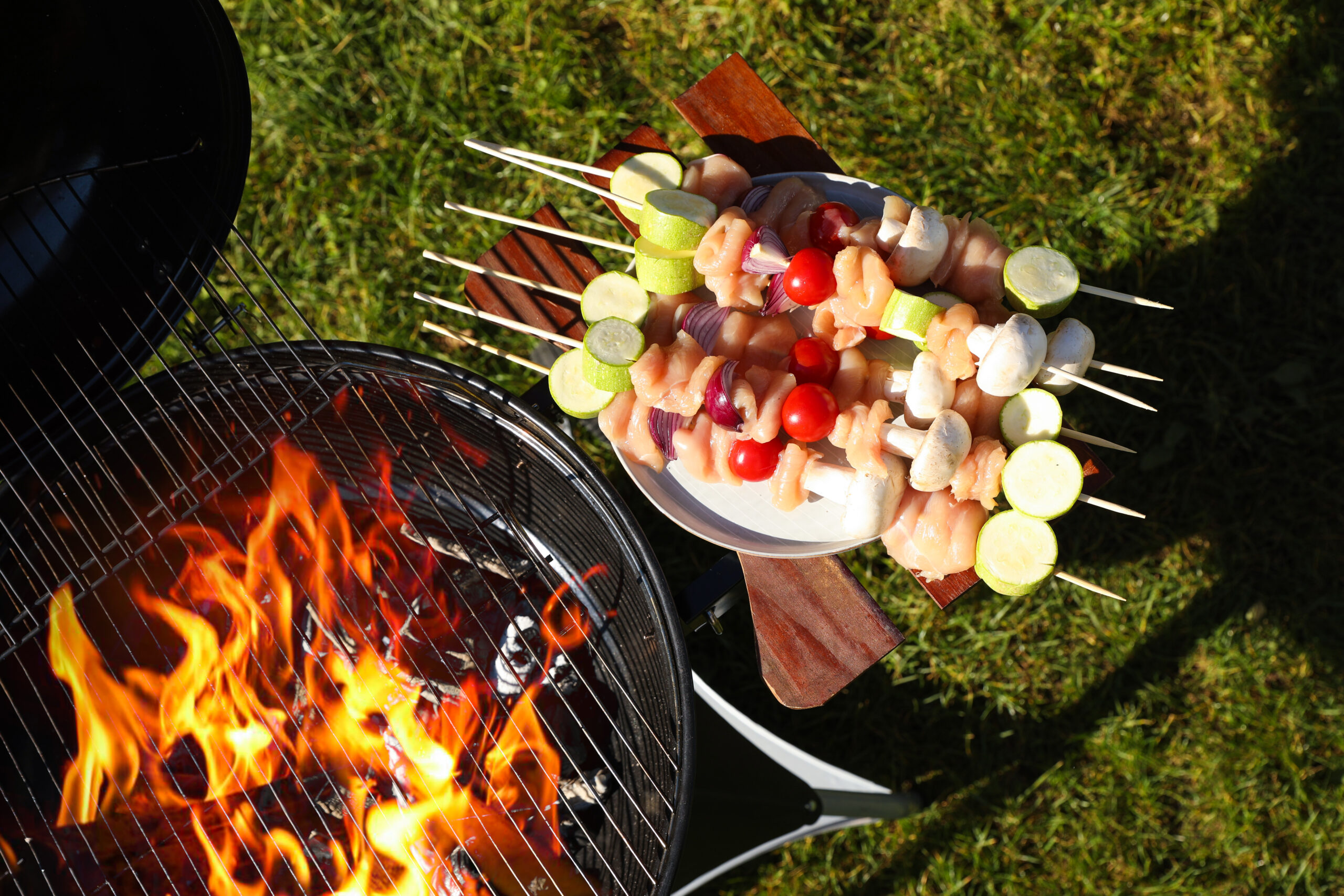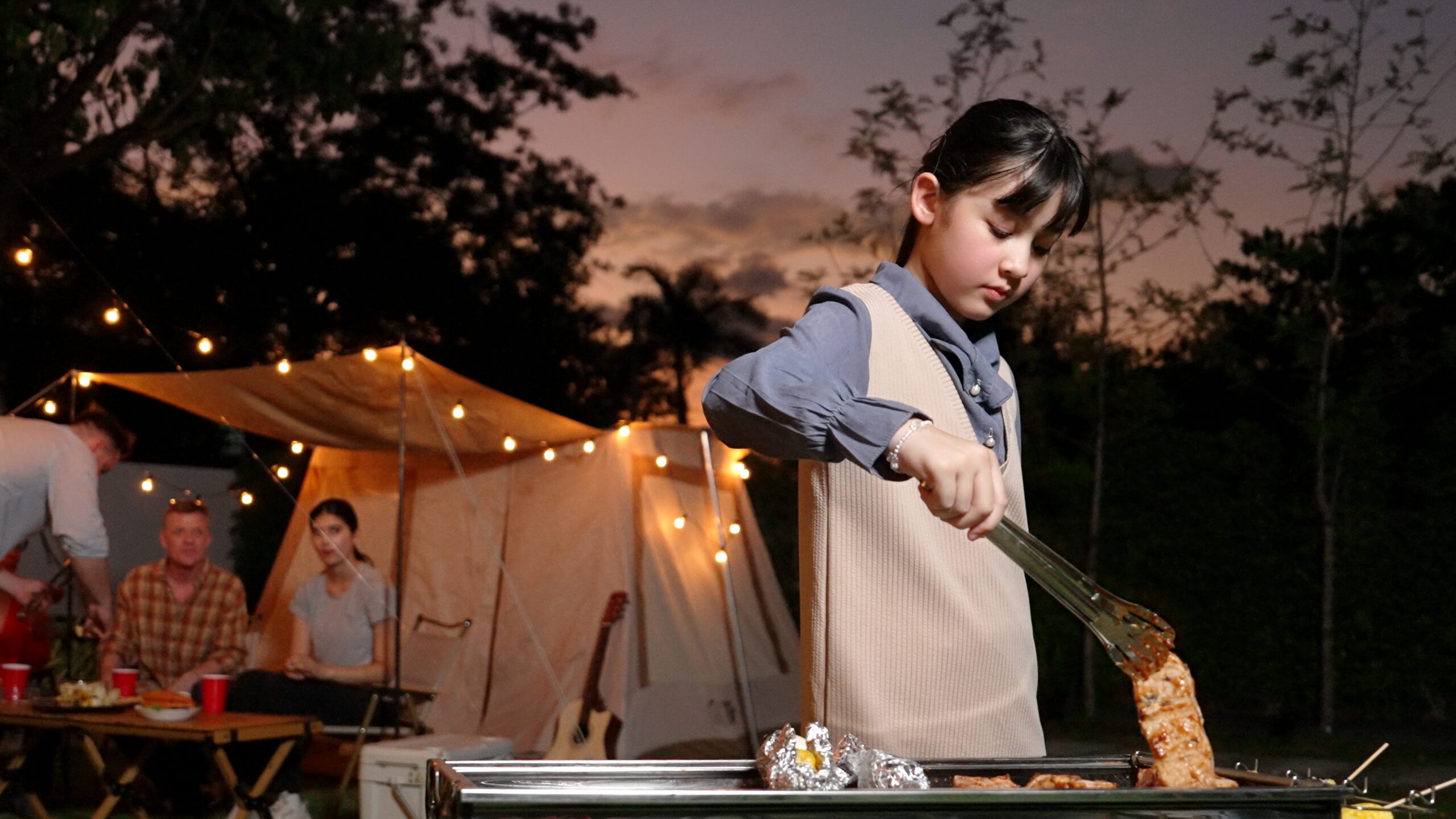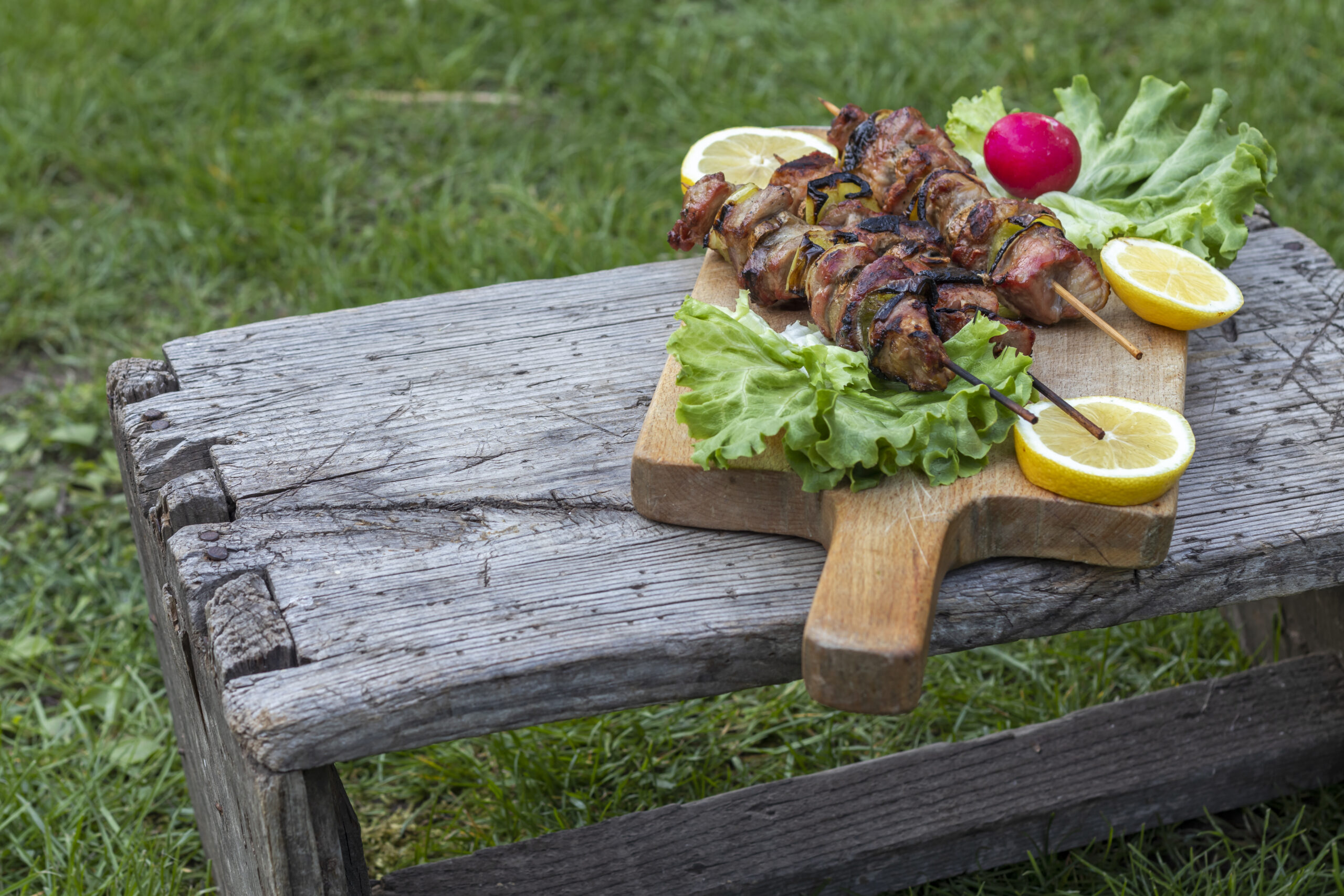Whether you’re backpacking through remote wilderness or car camping at a scenic spot, having the right food can make or break your outdoor experience. Travel-friendly camping meals combine convenience with nutrition, ensuring you stay energized for all your adventures while keeping food preparation simple and efficient.
Planning for Success
Successful camp cooking starts with thoughtful planning. Consider your travel method, available storage space, and cooking facilities at your destination. Car camping allows for more elaborate setups, while backpacking requires ultralight, compact solutions. Create a flexible meal plan that accounts for weather changes and activity levels throughout your trip.
Breakfast Without Borders
Start your day with meals that travel well and provide lasting energy. Individual packets of instant oatmeal can be customized with nuts, dried fruits, and honey packed in small containers. For a protein-rich option, pre-mix powdered eggs with dehydrated vegetables in zip-top bags – just add water and cook. Vacuum-sealed bags of pancake mix, with dry milk already incorporated, need only water for fresh morning pancakes.
Lunch On the Move
Midday meals need to be quick and portable, perfect for eating during trail breaks or scenic stops. Create your own instant noodle cups using dried noodles, dehydrated vegetables, and spice packets in heat-safe containers – just add boiling water when hungry. Tortillas wrapped in foil stay fresh for days and make perfect vehicles for tuna packets, nut butter, or hard cheese.

Dinner Around the Campfire
Evening meals provide opportunities to refuel after active days. Dehydrated rice and beans, packed with seasonings in meal-sized portions, cook quickly with minimal fuel. Pre-measured couscous packets with dried vegetables and spices need only boiling water and a short rest to become a satisfying meal. For fresh options, vacuum-sealed meats and hardy vegetables can be combined for foil packet dinners.
Smart Snacking Strategies
Maintaining energy between meals requires portable, nutrient-dense snacks. Create individual trail mix portions in small zip-top bags, combining nuts, dried fruits, and chocolate for quick energy. Energy balls made from dates, nuts, and protein powder can be pre-rolled and stored in containers. Jerky and dried fruit provide lightweight, preservative-free options for longer trips.
Food Storage Solutions
Proper storage protects your food and keeps it organized. Use waterproof stuff sacks in different colors to organize meals by day or type. Vacuum-sealed packages save space and extend food freshness. Hard-sided containers protect delicate items and can double as eating vessels. Consider bear-safe containers when traveling in wildlife areas.
Temperature Management
Keep food safe and fresh with strategic temperature control. Freeze-dried meals require no refrigeration until prepared. Hard cheeses and cured meats can handle warmer temperatures better than their fresh counterparts. When car camping, pre-freeze some meals to act as ice packs in your cooler, extending their usability as they thaw.
Minimizing Weight and Waste
For backpacking trips, focus on lightweight, calorie-dense foods. Remove excess packaging before your trip and repack items in portion-sized bags. Choose foods with minimal water content to reduce weight. Plan meals that use similar ingredients in different ways to minimize the variety of items you need to carry.
Equipment Essentials
Keep cooking equipment simple and multi-purpose. A good camping stove, lightweight pot set, and durable utensils form the foundation. Collapsible bowls and cups save space when not in use. Consider a water filtration system to safely use natural water sources for cooking.
Preparation Techniques
Advance preparation saves time and effort at camp. Pre-measure ingredients for each meal and label clearly. Create spice blends at home and package in small containers or paper packets. Write simple instructions on meal packages for foolproof preparation, even when tired after a long day outdoors.
Special Diet Considerations
Accommodate dietary needs with careful planning. Gluten-free options like quinoa and rice travel well and cook easily. Dehydrated hummus provides protein for vegetarian meals – just add water and olive oil. Nut-free energy bars can be made at home and wrapped individually for safe snacking.
The art of travel-friendly camp cooking combines practical solutions with creative meal planning. These strategies help you maintain good nutrition and enjoyable meals while minimizing the complications of outdoor food preparation. With practice, you’ll develop a personalized system that works for your camping style and dietary needs. Happy camping and happy trails!






